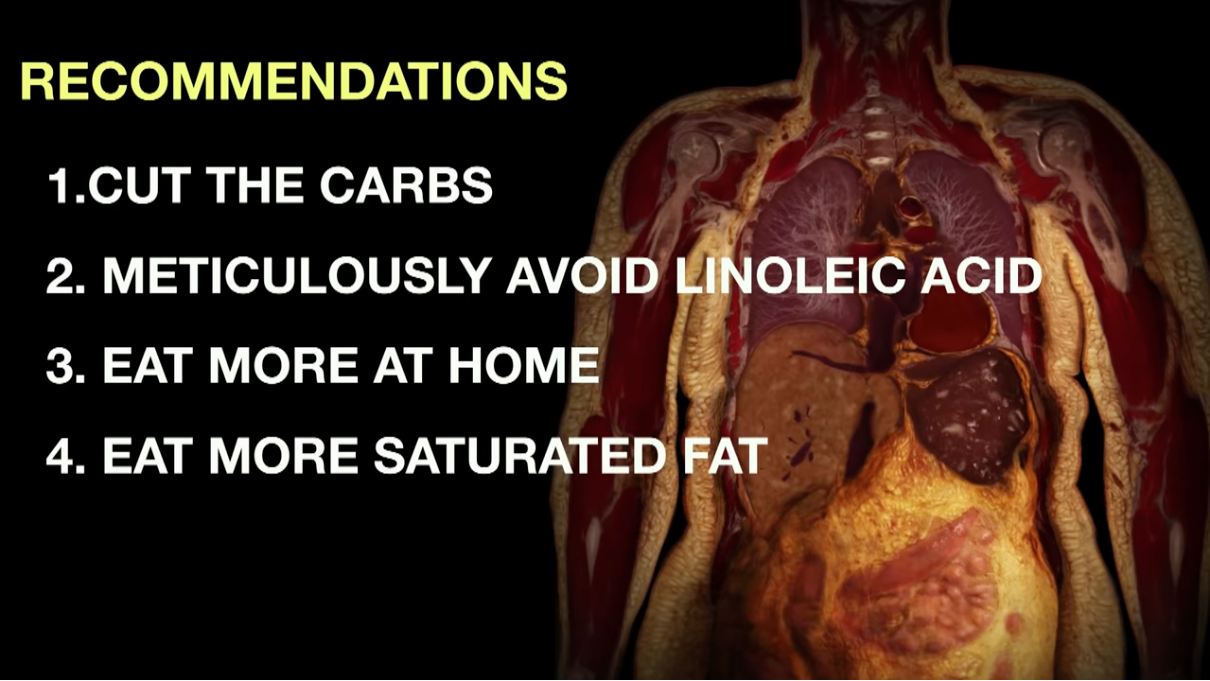This thread got me wandering down the rabbit hole some more…
I appreciate the understandable concerns expressed in this thread can’t be addressed absent specific on-point scientific evidence. It would need to show that slightly elevated - but highly stable - glucose levels [arising from carb-restricted gluconeogenesis (“physiologic IR”)] do NOT lead to the kind of tissue damage wrought by markedly wider swings in glucose - but with lower lows and higher highs - from the more prevalent carb-infused diet [associated with “pathologic IR”].
I’m a science fan, too, and would love to take comfort in such a study.
But lacking evidence hasn’t stopped me from continuing to read what is available on the topic. Most of it seems aimed at lowering concerns over keto’s long-term effects on diurnal glucose levels. Although such claims are made without being able to cite hard evidence since apparently it doesn’t exist.
This situation hasn’t stopped me from sticking my finger with a needle from time to time  And I seem to get the same results over and over again, quite reliably.
And I seem to get the same results over and over again, quite reliably.
Never having been diabetic, I am now 2+ years into a diligent low-carb WOE (leafy green veggies with dinner meat/fats are my primary source of minimal carbs), my fasting serum glucose - including dawn effect - routinely hovers around 100 mg/dL.
The “big” intra-day swings take me from the mid-90s to the mid 100-teens, i.e., +/- about 20 mg/dL throughout the day.
For example, today I measured glucose every 1/2 hour following lunch…
97 mg/dL - 16 hr fasted state, after a cardio workout just before lunch
111 mg/dL - 30 min post-prandial
115 mg/dL - 60 min post-prandial
118 mg/dL - 90 min post-prandial
118 mg/dL - 120 min post-prandial
114 mg/dL - 150 min post-prandial
(got bored and pin-cushioned, gave up testing)
FWIW, lunch consisted of a hard-boiled egg, salami, beef stick, guacamole, chunk of extra sharp cheddar, a Brazil nut - not atypical.
None of this proves anything.
Perhaps I am doing grave damage to my organs, brain and toes by spending most of my afternoon with glucose above 100 mg/dL?
Perhaps I need to consider taking medication to better manage what keto has done to my glucose level?
My hunch is that there is nothing the medical community could offer this “carb-starved” body (insulin? a return to eating pizza crust, pasta, and rice?) to change this glucose profile for the better. It appears the patient is in stable condition.
Given my other biomarkers (minimal Trigs, super high HDL, declining CAC score, minimal inflammation markers, norm/low blood pressure), it’s my stronger hunch that a stable - albeit higher - glucose level that is being naturally-produced by my body is quite healthy.
As we often say, we’re all different n=1 individuals with unique needs that change over time. I can’t give anyone else advice on what’s right for them at this moment in their own lives. Please do what you believe you need to do to take the best care of yourself!
Sharing is caring. Just my $0.02 

 And I seem to get the same results over and over again, quite reliably.
And I seem to get the same results over and over again, quite reliably.
